Comments
ANIMAL WATCH - On September 23, 2025, world-renowned Los Angeles veterinarian Dr. W. Marvin Mackie, the compassionate pioneer behind the revolutionary animal-sterilization procedure known as “Quick Spay,” passed away peacefully at home in San Pedro, California.
His devoted wife, Phyllis, shared tenderly, “I was hugging him when he took his last breath.”
Though Dr. Mackie has left our realm of visibility, his spirit—and his groundbreaking work in early-age spay/neuter surgery and training—will continue to inspire veterinarians worldwide. Thanks to his leadership, surgical sterilization as early as eight weeks of age has become recognized as the most humane and effective way to control pet overpopulation.
“There is absolutely no reason or benefit in reproducing thousands of pet animals that will not have homes and will suffer the inhumane consequences,” Dr. Mackie often reminded colleagues.
His Life and Legacy
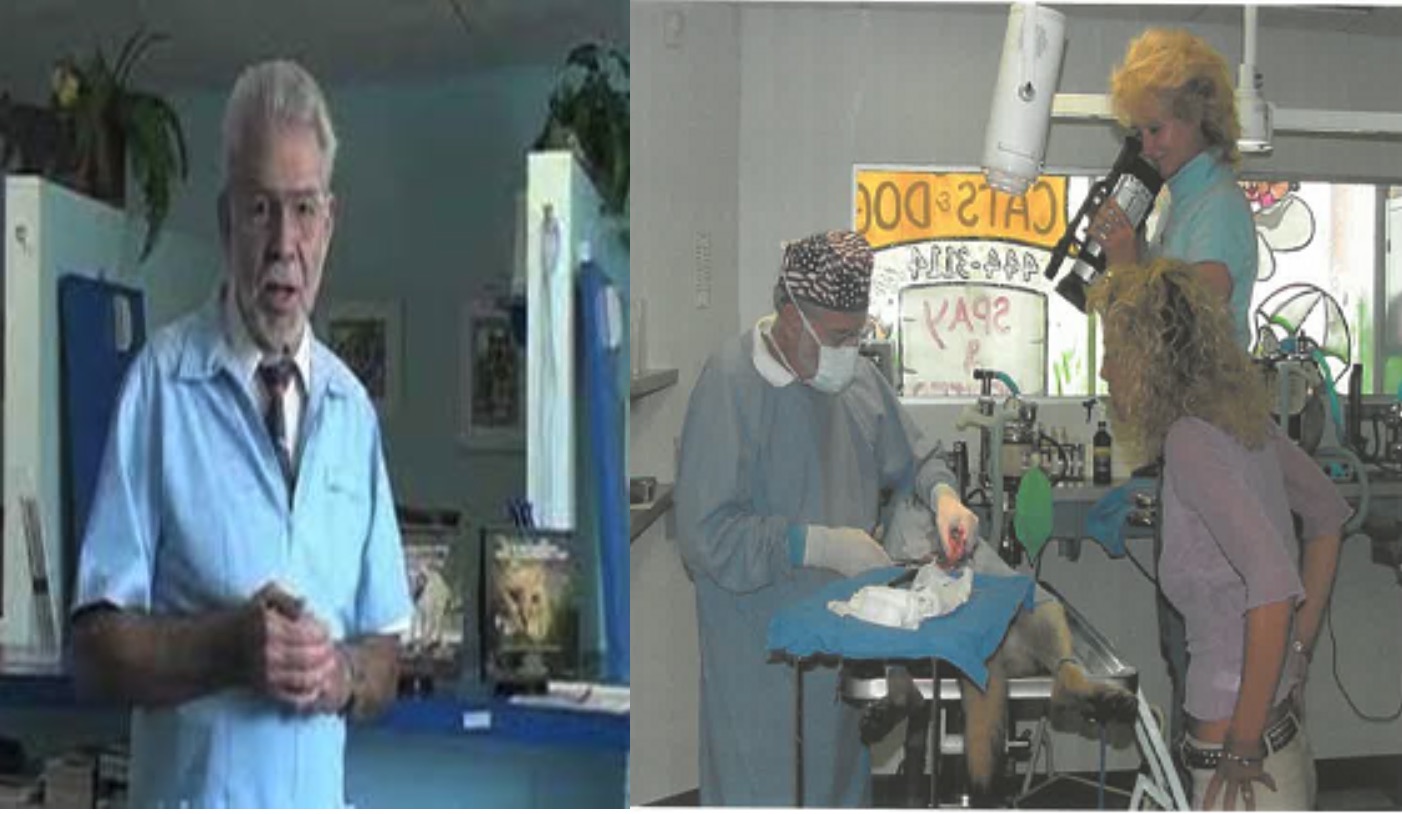
Dr. Mackie’s inspiration came early in his veterinary career, influenced by Dr. L.L. Lieberman’s 1987 writings urging sterilization of dogs, cats, and other small animals as early as two months old to humanely control overpopulation.
Even as a young veterinarian, Dr. “M” (as he was affectionately known) championed this compassionate approach—recognizing the dangers of unchecked breeding that once led to a 1937 rabies outbreak in Los Angeles County, when 1,700 cases were reported in dogs and three humans died.
The Mathematics of Overpopulation

Dr. Mackie’s conviction was rooted in undeniable math:
Dogs
- Average litters per year: 2
- Average puppies per litter: 6–10
- One female dog and her offspring in 6 years: 67,000 dogs
Cats
- Average litters per year: 3
- Average kittens per litter: 7–10
- One female cat and her offspring in 7 years: 420,000 cats
The numbers spoke for themselves—and Dr. Mackie dedicated his life to reducing them to zero.
“Quick Spay”: A Humane Revolution
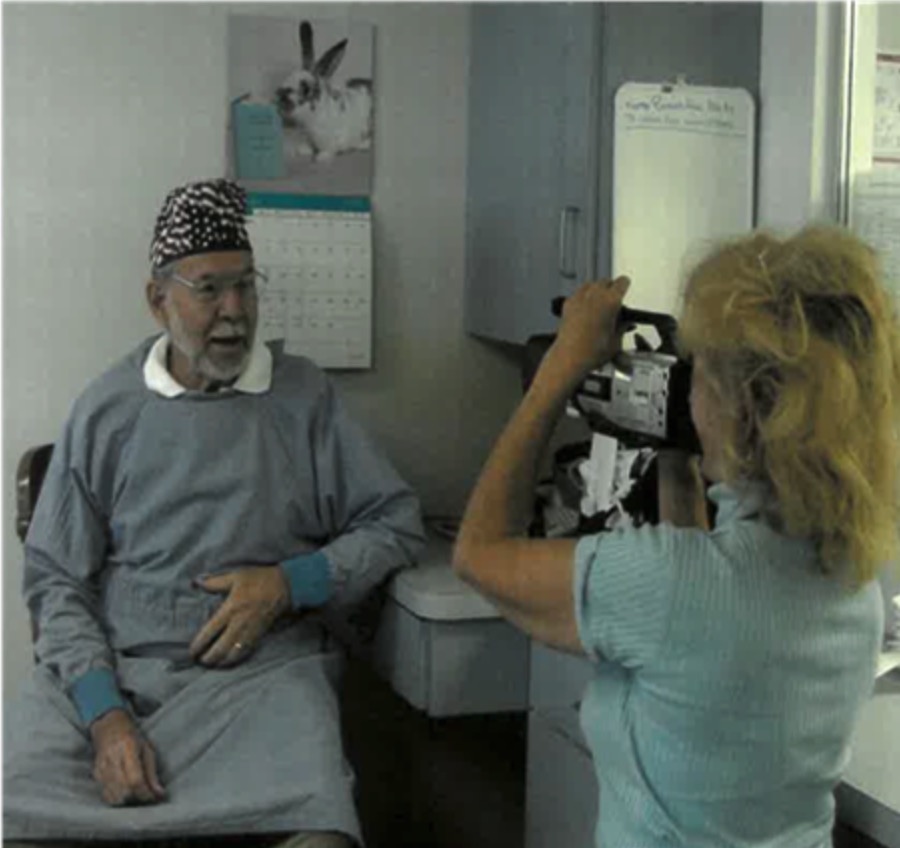
Early-Age Spay Neuter Surgical Technique - (AIM / Phyllis M. Daugherty Interviews Dr. Marvin Mackie)
In 1988, Dr. Mackie partnered with Animal Issues Movement (AIM) to produce a landmark training video titled “Quick Spay.” The film demonstrated the ease, safety, and benefits of early-age spay/neuter surgeries, showing that the procedure—when done before a female’s first heat—could prevent countless unwanted litters.
Distributed free to veterinary schools, clinics, and non-profits, Quick Spay was later released on YouTube, segmented for teaching purposes and translated into Spanish (“Castración Rápido”).
In the film, Dr. Mackie demonstrated that before four months of age, the surgery could be performed quickly, with minimal sutures, low risk of complications, and less stress on the animal.
He emphasized another remarkable benefit: animals spayed or neutered early retain more youthful personalities—unaffected by hormonal aggression or mating behaviors that often lead to abandonment or surrender to shelters.
Dr. Mackie also authored “How to Start and Run a Spay/Neuter Clinic” and taught his methods globally—from the U.S. and Mexico to Japan—helping thousands of veterinarians refine their skills and save lives.
A Kind and Humble Innovator
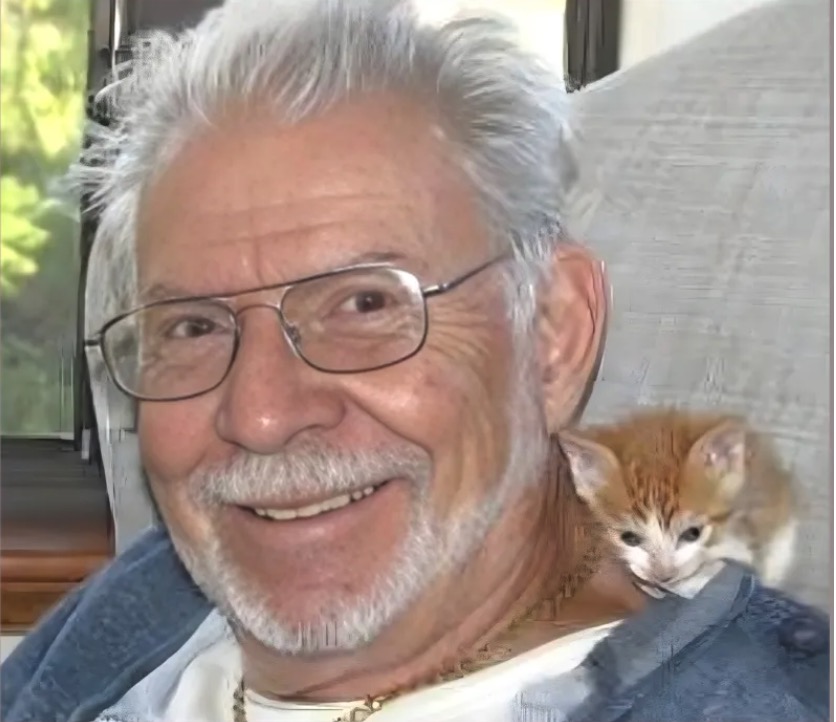
Despite his achievements, Dr. Mackie remained humble and kind—a veterinarian whose purpose was always rooted in compassion. He debunked outdated myths that animals should have one litter before sterilization or that early-age procedures stunted growth.
He expanded his work to include rabbits and small “pocket pets”—hamsters, mice, guinea pigs—understanding that all animals deserve humane care and freedom from the suffering caused by hormonal distress.
The Love of His Life
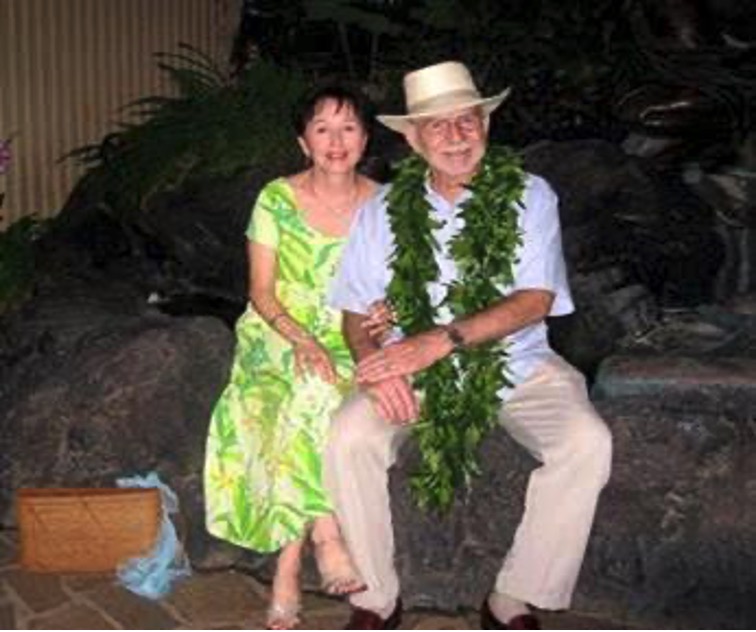
Dr. Mackie’s compassion extended beyond his patients. He and Phyllis shared a rare and enduring love—one visible in every photo, every smile, every hand held.
In a personal memoir he had recently begun, Dr. Mackie wrote of his adventures—hitchhiking across Europe in 1968, driving a Datsun from Alaska to Tierra del Fuego in 1969—and how, upon returning, he realized he was ready “for the adventure of married life.” He had, as he put it, “met the perfect girl for me.”
Honored by His Peers
His alma mater, Washington State University College of Veterinary Medicine, celebrated his contributions:
“Partnering with colleague Dr. Phil Weida, Dr. Mackie opened four low-cost spay/neuter clinics in and around Los Angeles. He created a surgical method for animals as young as eight weeks old and traveled throughout the U.S., Mexico, and Japan teaching his method.”
Champion for Feral Cats
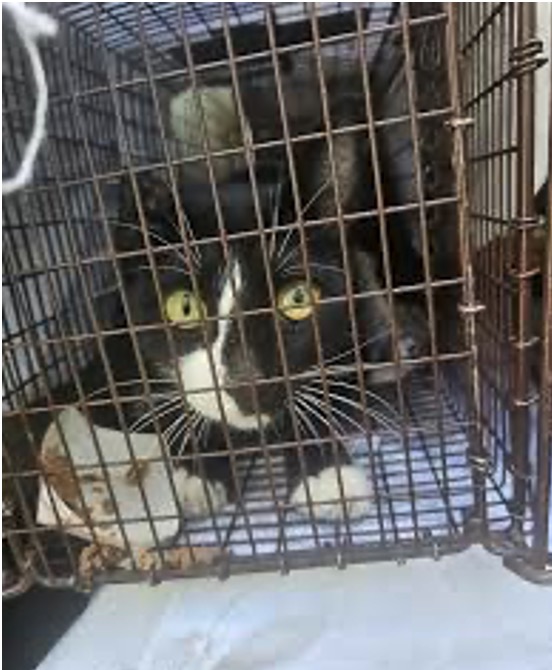
Dr. Mackie also advocated for humane treatment of feral cats, ensuring they received the same lifesaving early-age surgeries as pets. He trusted his “intrepid feral cat trappers,” often allowing them to deliver cats to his clinic at night for surgery the next morning—helping break the endless breeding cycle.
Though he recognized the controversy surrounding TNR (Trap-Neuter-Return), his motivation was purely for the health of the cats and prevention of disease and suffering.
A Lasting Legacy
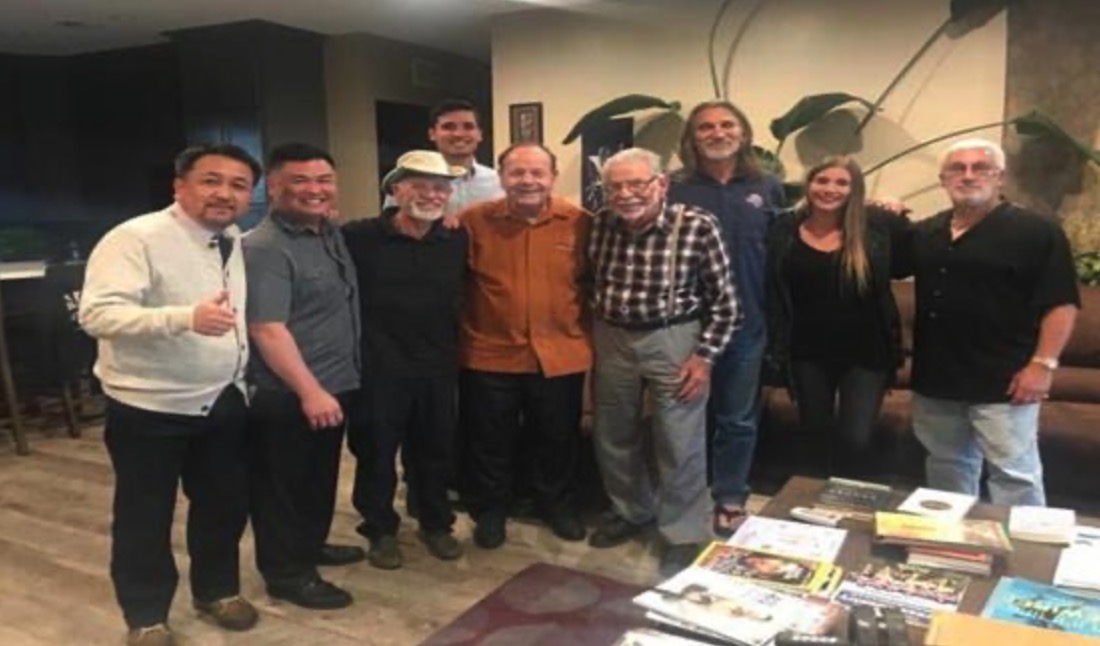
A recent photo shows Dr. Mackie (in plaid) surrounded by veterinary colleagues from across the nation—friends who continue his mission. Among them is Dr. Ronaldo “Joey” Vasquez of North Figueroa Animal Hospital, which has performed early-age spay/neuter surgeries for more than 21 years using Dr. Mackie’s “Quick Spay” method.
Dr. Mackie’s impact will endure as long as veterinarians and pet owners uphold his philosophy of humane prevention. His funeral will be private, but the greatest way to honor him is simple:
Spay and neuter your pets. Share his message. Save lives.
We’re not saying goodbye.
Dr. Mackie’s spirit lives on in every animal saved and every veterinarian inspired by his work.
(Phyllis M. Daugherty is a former Los Angeles City employee and a long-time animal welfare advocate. A contributor to CityWatchLA, she is known for her investigative reporting on animal shelter operations, misuse of public funds, and the dangers of poorly regulated pet adoption policies. She is a strong proponent of public safety in animal control, advocating for stricter oversight of aggressive dog breeds, especially pit bulls, and for breed-specific legislation.)





